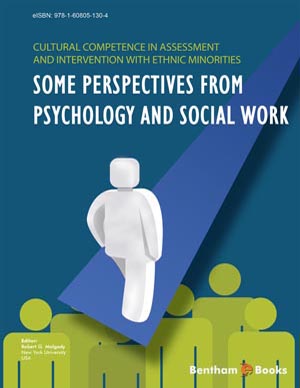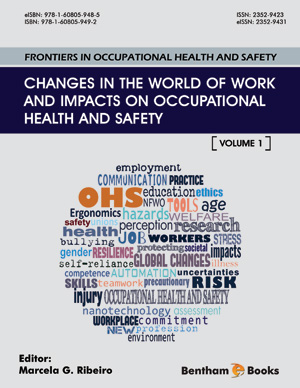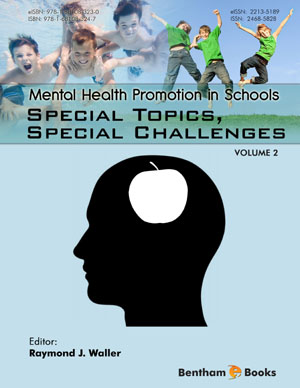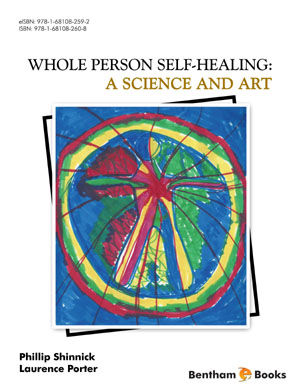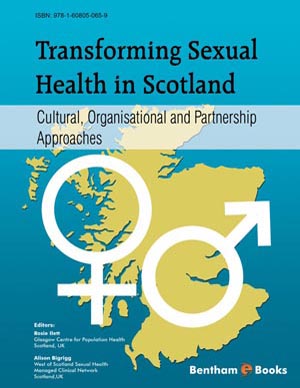Abstract
Earlier reviews by this author (Dana, 1999, 2001, 2002a, 2003, 2008a) attempted to expand the role of assessment for multicultural populations in medical-psychiatric settings, but were silent concerning the professional and societal implications inherent in the contemporary underutilization of conventional assessment. Conventional psychological assessment retains supporters (e.g., Meyer et al., 2001), but decreases in practical value, and only retention of treatment utility towards beneficial outcomes by integration into the therapy process (Hayes, Nelson & Jarrett, 1989). Conventional assessment using standard instruments has not succeeded in addressing psychosocial rehabilitation by developing culturally relevant empirically supported practice (Yamada & Brekke, 2008). There is also need to expand the range of culturally adapted standard instruments, develop new methods for culturally competent practice with an extended range of diverse populations, and provide systematic and routine evaluations of providers, programs, and age.


